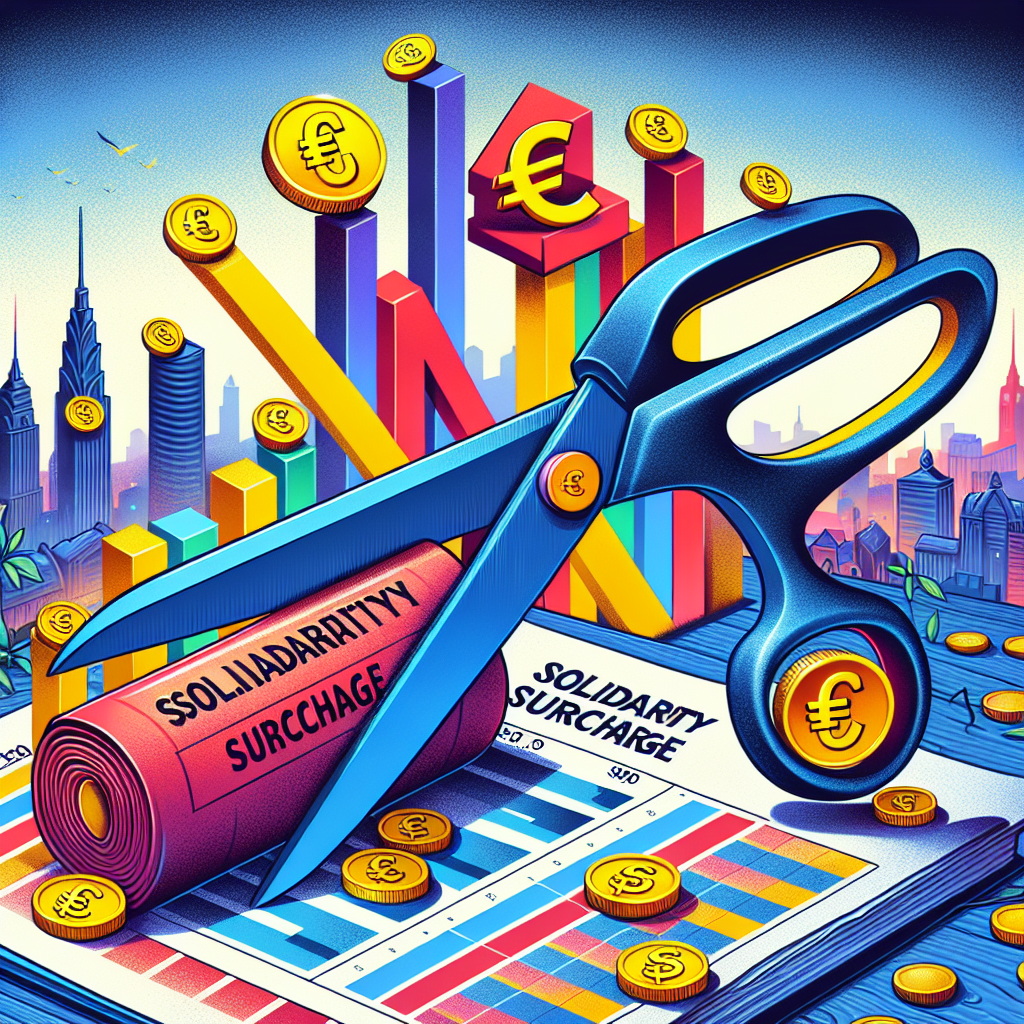AfD Demands Economic Reform Through Tax Cuts
03.12.2024 09:20
The AfD calls for a reformation in Germany’s economic policies through significant tax cuts and the elimination of the solidarity surcharge. The objective is to make Germany’s tax system more competitive on an international level and foster economic growth.
The political landscape in Germany has been stirred by a recent proposal from the AfD party, aiming to immediately reform the country’s economic policies. In their motion (20/13763), the AfD has urged the government to lower taxes and overhaul the current fiscal framework to make it more internationally competitive. A notable highlight of this proposal is the complete abolishment of the solidarity surcharge, signaling a bid to reduce Germany’s tax burden significantly.
The proposal also seeks to address latent tax increases caused by “cold progression” within the income tax laws. Cold progression occurs when inflation leads to higher income brackets without any genuine increase in purchasing power, stealthily increasing tax liabilities. The AfD suggests strong measures to counter this phenomenon, ensuring equitable taxation for citizens.
Additionally, the party emphasizes facilitating economic ease by reducing bureaucratic complexities and cutting down on subsidies. By streamlining administrative tasks and revisiting public funding structures, the AfD envisions an environment that encourages innovation and entrepreneurship.
An essential aspect of the AfD’s plan revolves around energy costs. The party stresses the need for energy affordability and lays out a strategy targeting the abolishment of the Renewable Energy Act (EEG) and the Climate and Transformation Fund Act (KTFG). The aim here is clear: to mitigate the mounting energy expenses faced by households and businesses alike, while reconsidering existing policies tied to renewable energy and climate initiatives.
In their motion, the AfD accuses the federal government of worsening Germany’s economic conditions in pursuit of a “socio-ecological transformation.” According to the party, current policies have not only stifled market forces vital to economic dynamism but also hindered the broader potential for growth and development. They argue that what Germany now crucially needs is a policy framework that reinstates trust in the market economy, fostering opportunities for economic recovery and long-term stability.
As Germany continues to address its fiscal challenges, reform proposals like these spark vital debates about balancing economic stimulus with environmental sustainability and societal welfare. Observers and policymakers alike will closely monitor how these discussions unfold, considering their profound implications for the country’s future.
For more updates on policies, political shifts, and their influence on economic scenarios—including the markets for invaluable commodities like gold and how they are affected—keep visiting Easygold's platform. Here, we offer an in-depth look into the latest economic developments and their repercussions.
Categories
